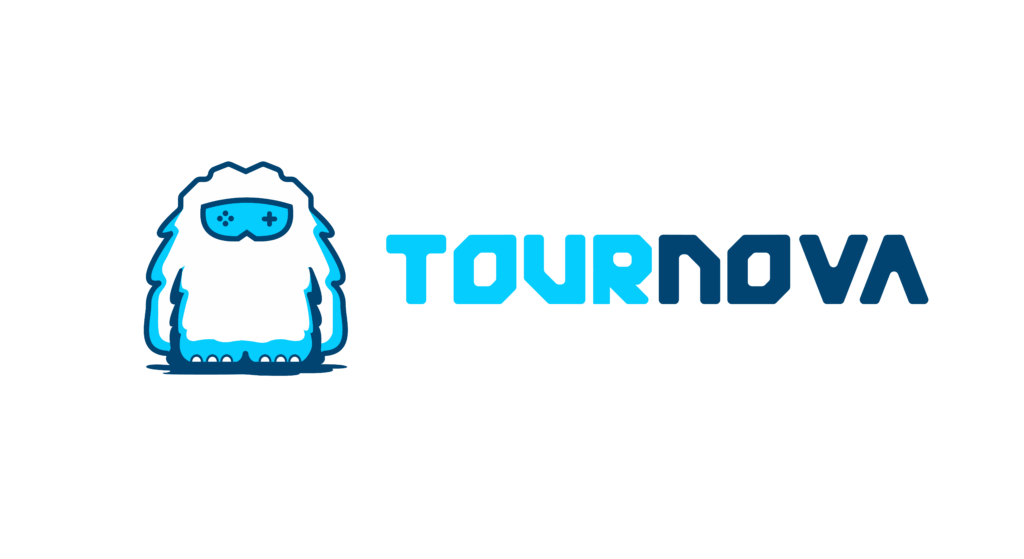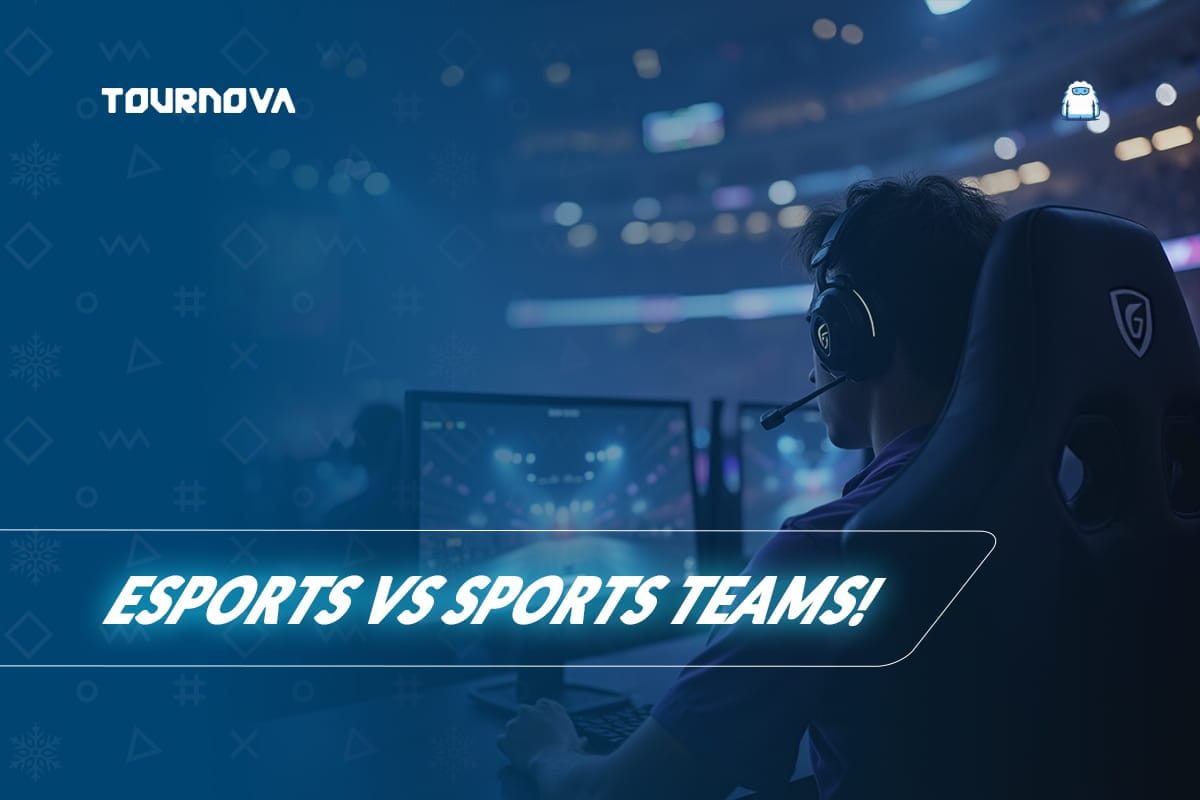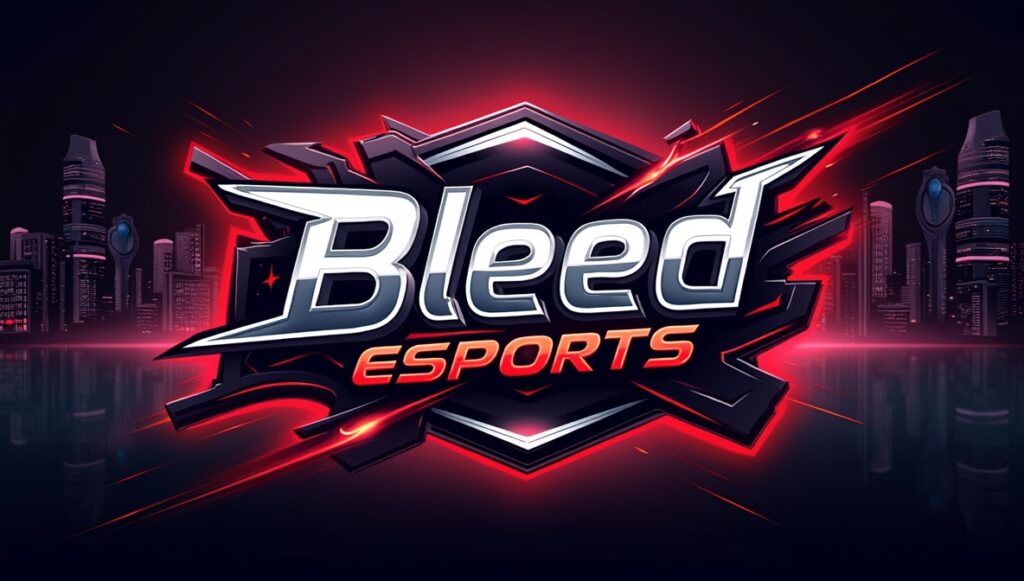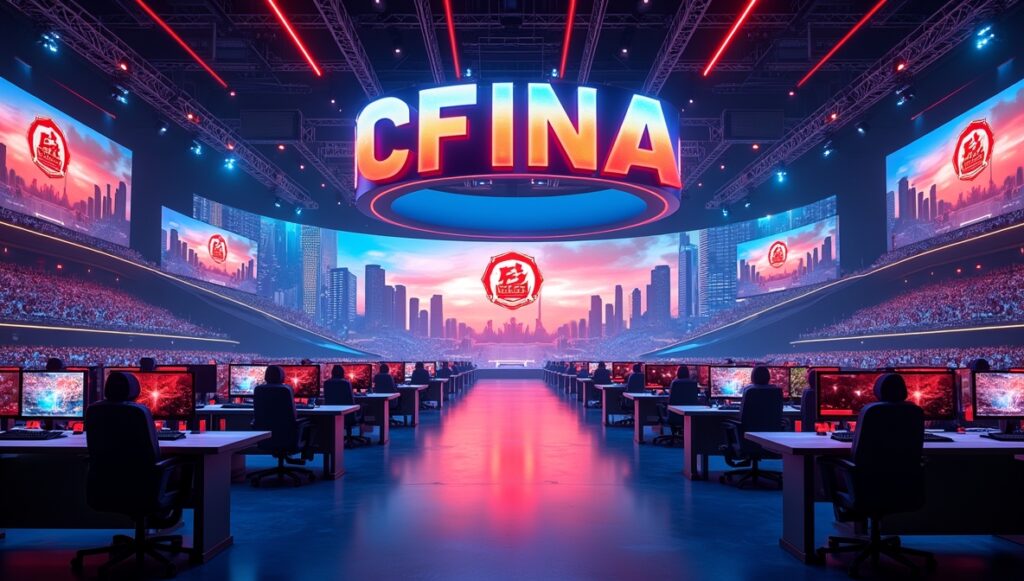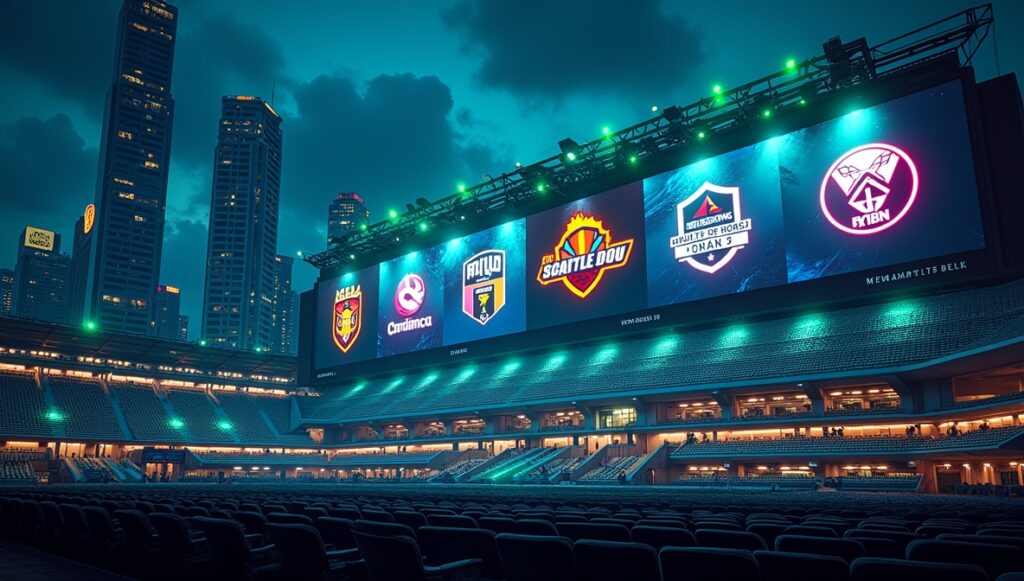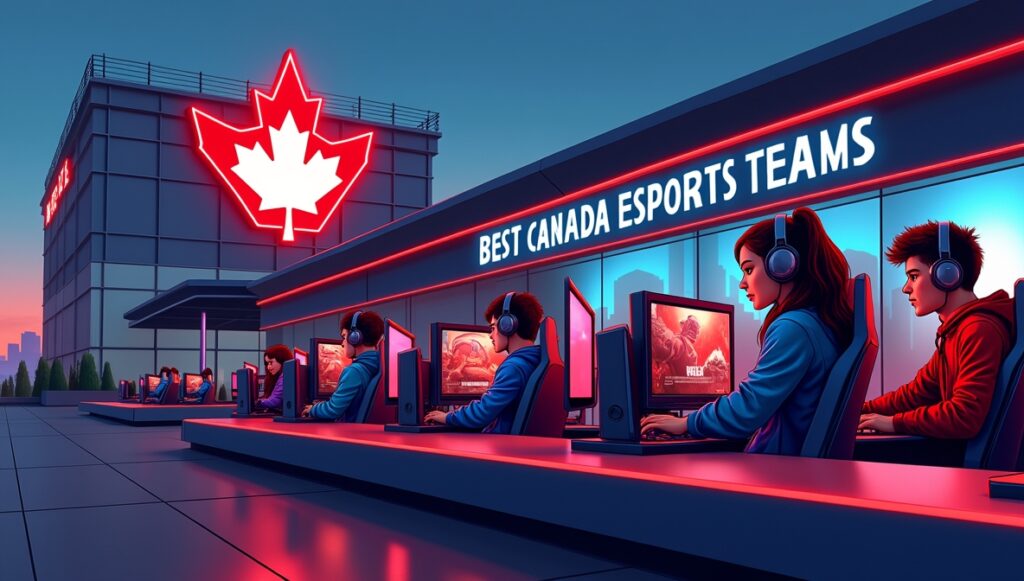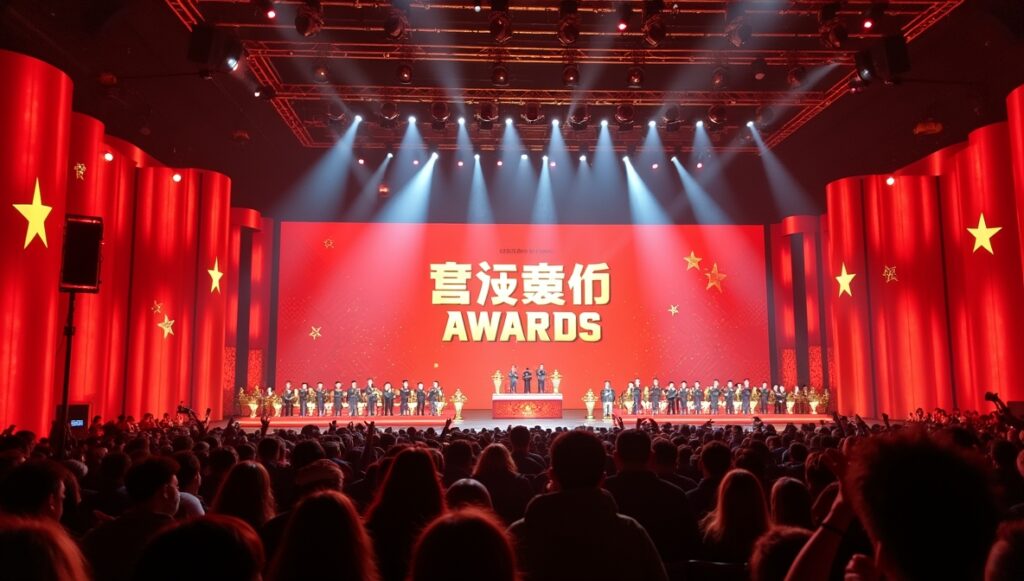1. Introduction: The New Face of Team Sports
The first time I felt that electric rush from a crowd wasn’t at a football match; it was at a League of Legends final. The stadium shook, not with the sound of whistles and cleats, but from the roar of thousands watching pixelated champions clash. It hit me then: while one group chases a ball, the other commands digital universes, but both create that same surge of passion. In locker rooms and Discords, on grass or servers, esports teams and sports teams surprisingly share more than most outsiders realize. Why are these two types of teams getting compared so much lately? It’s no longer just about what’s on the scoreboard. Increasingly, we find ourselves wondering: beneath the surface, do these organizations work in similar ways? And what actually sets them apart?
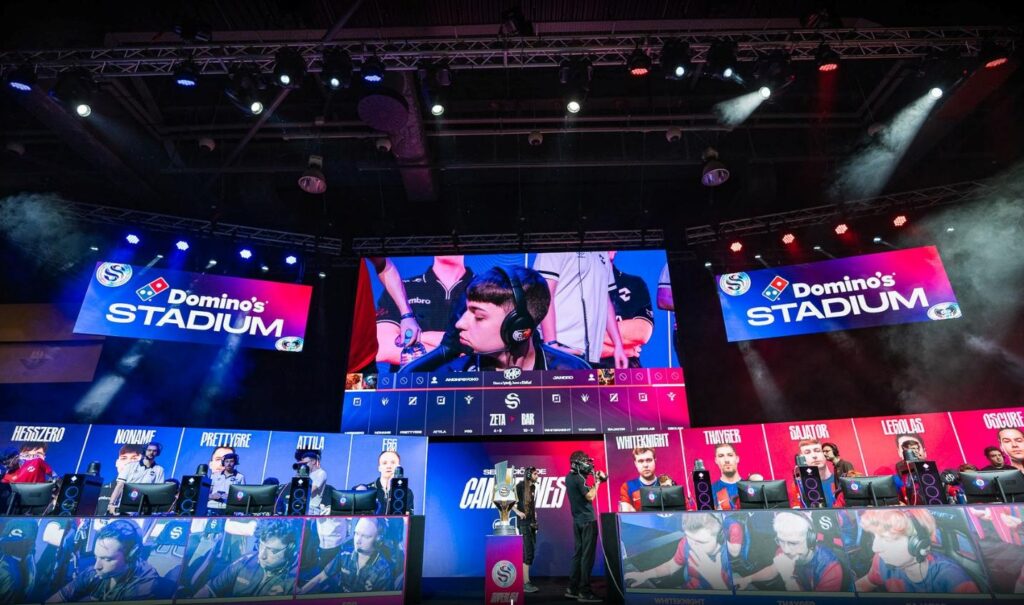
2. Esports Teams and Sports Teams
Stepping into the world of esports teams vs sports teams, you’ll find both follow time-tested formulas; owners, managers, coaches, sponsors, and loyal fanbases. But the flavor changes with the medium. Traditional sports teams like the Yankees, Bayern Munich, or the Lakers typically focus on one sport and often one league. In contrast, major esports organizations, think Fnatic, FaZe Clan, or T1, can have competitive squads in several games at once: League of Legends, CS:GO, VALORANT, and more.
The structure feels familiar: managers who steer the ship, coaches who nurture players, analysts, PR teams, and even mental health professionals. One key difference? Esports teams stretch resources to cover multiple “rosters,” sometimes making them more like companies with multiple departments than a single tightly-knit squad fighting for just one title.
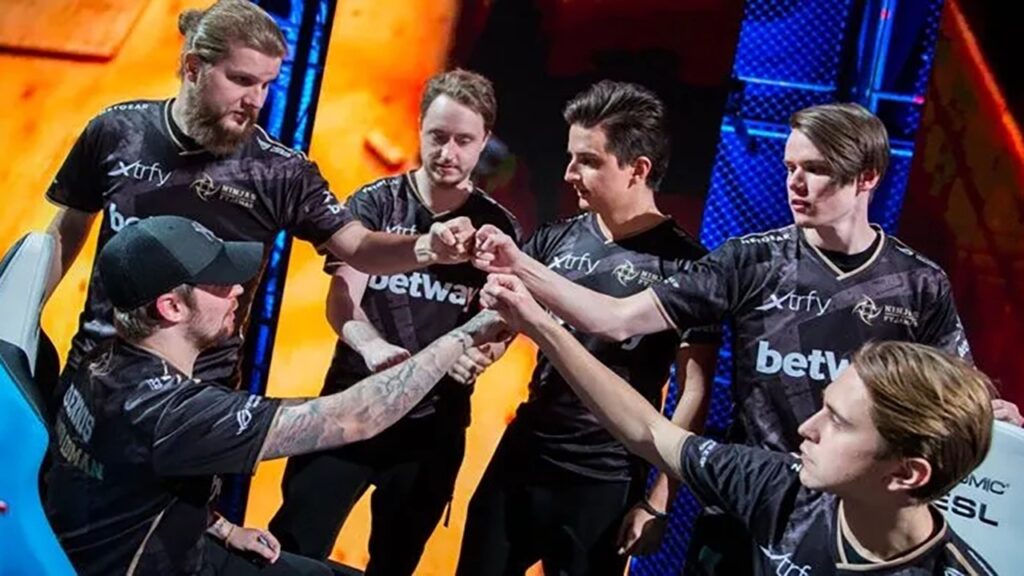
3. Team Structure & Organization: The Backbone of Success
Not long ago, I met someone who worked as a performance coach for an esports org. Their day looked nearly identical to my old gym teacher’s: scheduling scrims, analyzing mistakes, fostering team spirit. Both esports teams and sports teams hire chefs, physios, psychologists, and brand managers. The playbook is to surround players with the best support possible.
Traditional sports teams lean on established hierarchies with deep local roots; decades or even centuries of tradition. Esports teams often move faster and are more multinational from day one. One LEC League of Legends team I followed, for example, had players from five different countries all practicing together, with daily team talks over breakfast burritos and Google Translate.
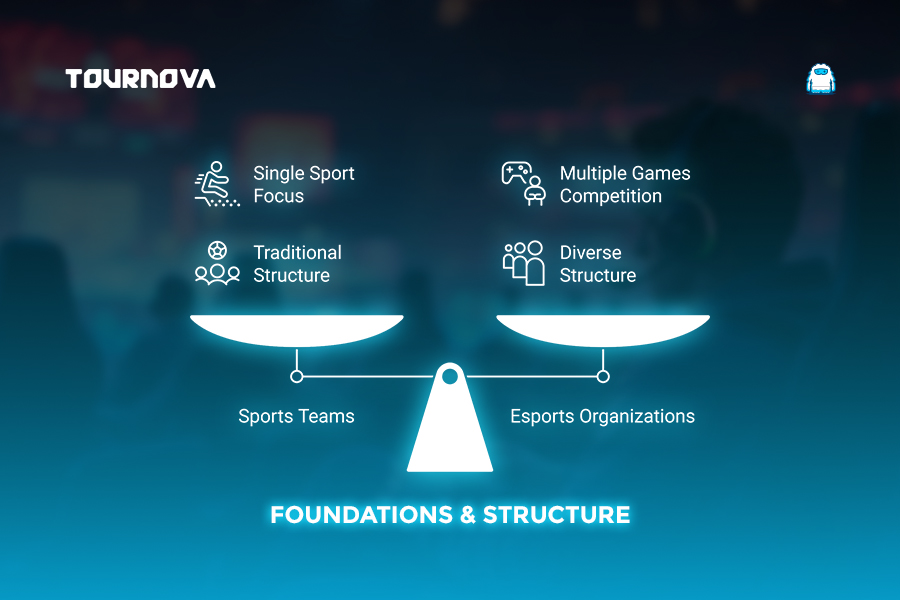
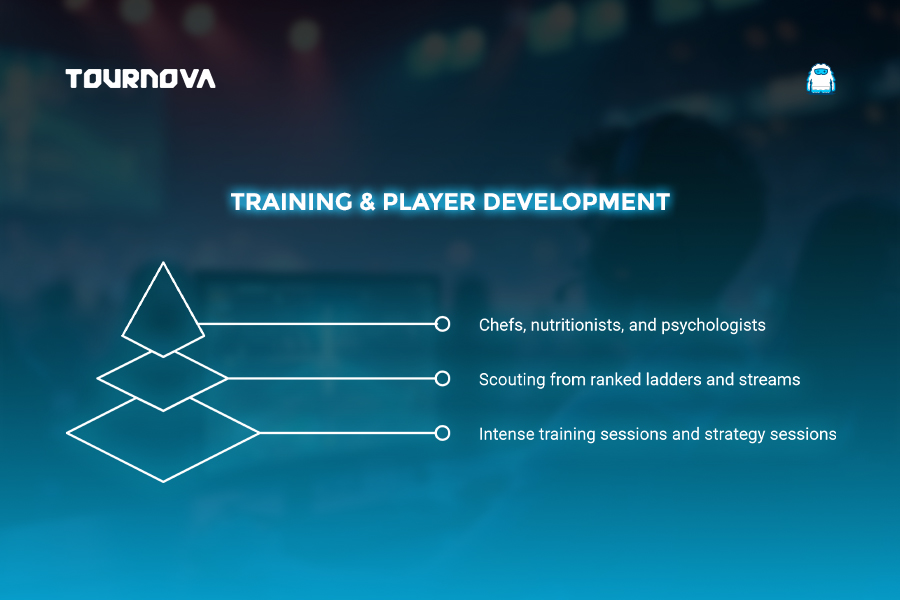
4. Recruitment, Training, and Player Development
Scouting future greatness always starts early. For football, there are youth academies, summer camps, and street games. Esports does things differently: future stars can rise from ranked leaderboards, open online tournaments, or Twitch streams. Suddenly, a new nickname climbs to the top of the solo queue and organizations take notice.
Training is intense on both sides. Bootcamps, strategy meetings, hours of in-game scrimmages for esports; physical drills and endless practice laps for athletes. What surprised me was finding out about esports’ dedication to physical fitness, nutrition, and sports psychology. Those long stretches at a screen can take a toll, so pro gamers now train like athletes; some even have cardio sessions before practice, just to keep sharp.
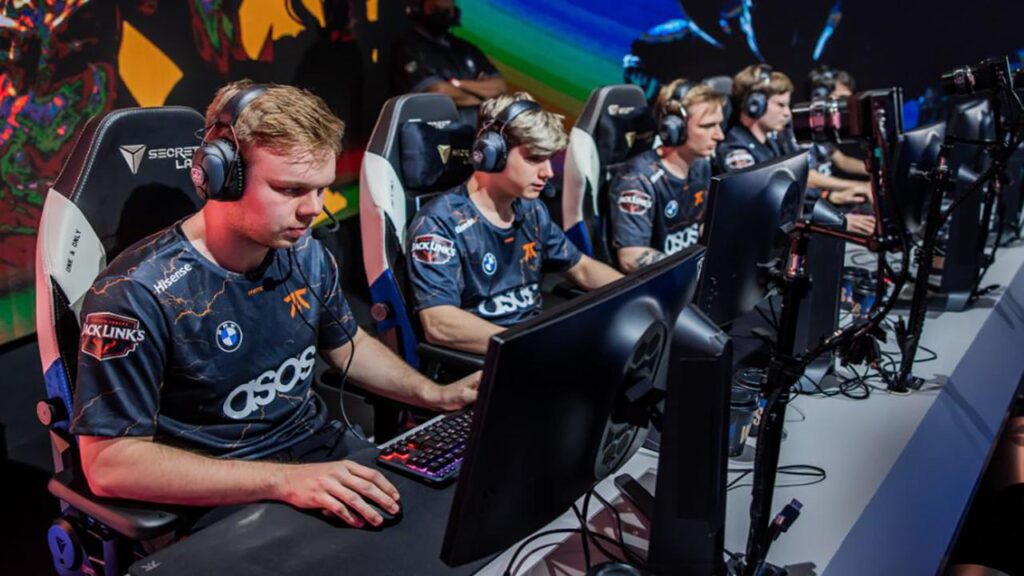
Both esports teams and sports teams have talent pipelines: feeder teams, farm systems, and, lately, even college leagues that mirror the NCAA. The difference is, in esports, you can sometimes debut on the world stage at 17, while in sports, age and physical development can dictate the timeline.
5. Competition, Seasons, and Titles
Chasing championships is the universal language. In sports, you might follow the NBA’s 82-game slog or the FIFA World Cup’s every-four-years festival. Esports hits a different rhythm: more tournaments, mid-season invitationals, international “majors,” and regular seasons all crammed into a year.
Teams in both spheres live for playoff runs, Cinderella stories, rivalries, and the eternal chase for silverware. But while sports usually have set leagues and slow, predictable off-seasons, esports’ constant event cycle means players may compete for three or four major trophies in a single summer. The sense of pace; sometimes dizzying; is one of the unique characteristics of esports competition.
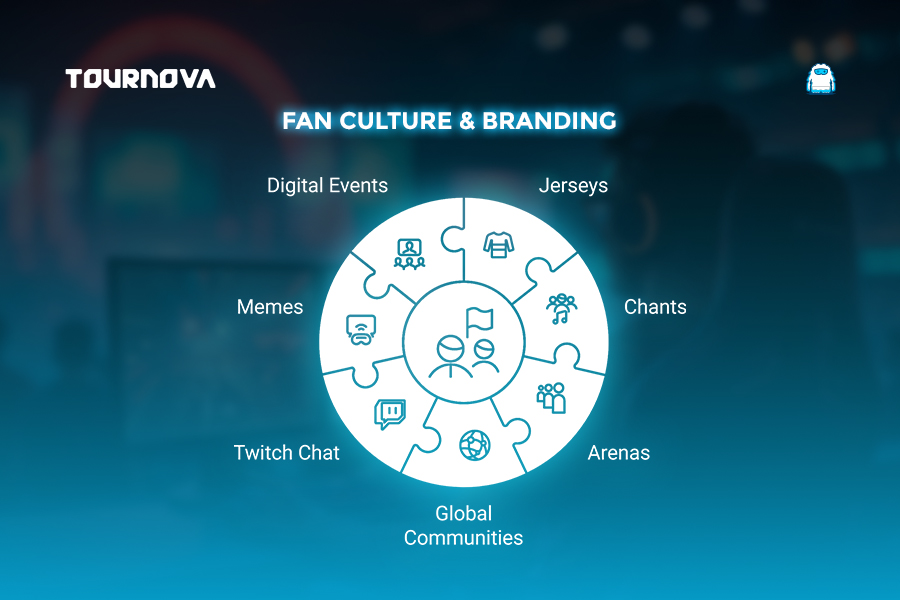
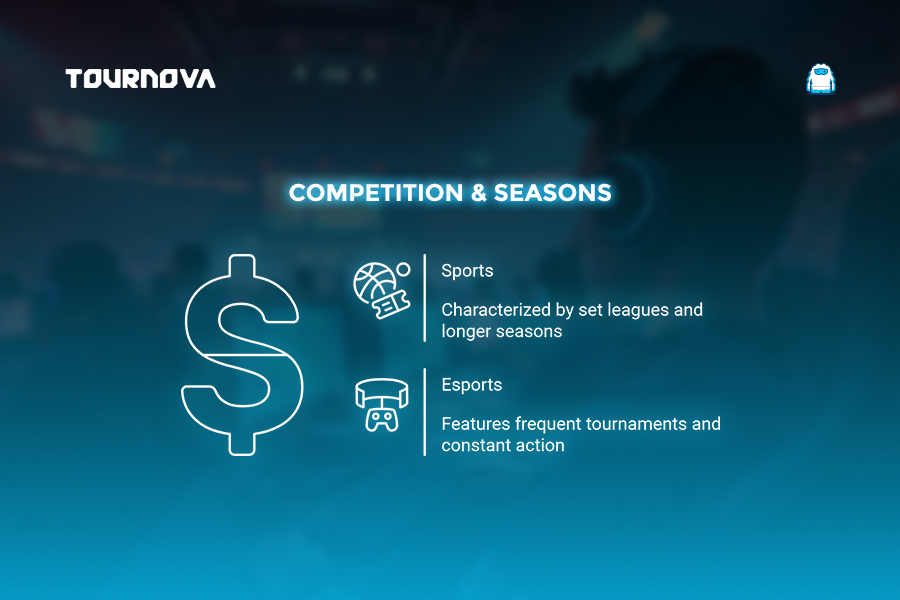
6. Fan Culture, Branding, and Community
When I joined my first esports Discord, I realized community is everything. Fans in both worlds craft banners, wear jerseys, fill arenas, and find identity in their teams. You’ll spot family dynasties following the Packers or Madrid; in esports, fans gather from Brazil to Berlin in digital watch parties and meme wars on Twitter.
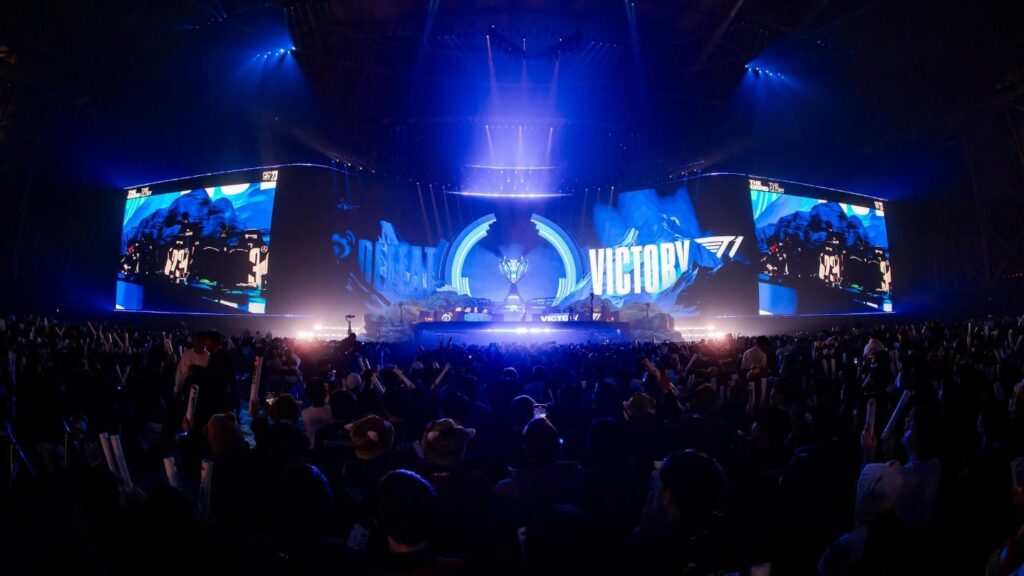
What’s fascinating is the digital-first nature of esports engagement: Twitch chat, Reddit threads, and “fan cams” at events. Sports traditions go deep, but esports teams and sports teams alike invent new ones every season, from mascot dances to rallying hashtags. Team branding matters hugely in both; logos, mascots, even sponsor collabs (BMW, Nike, Red Bull); all shape a team’s mythos.
7. Financials: Salaries, Sponsorships, and Business Models
“Do esports pros really get paid like athletes?” That’s a question I hear often, and the honest answer is: increasingly, yes. Top-tier eSports players in games like League, Dota 2, or Counter-Strike can pull salaries in the hundreds of thousands or millions, counting prize money and streaming contracts. The prize pools for tournaments like The International soar above $30 million.
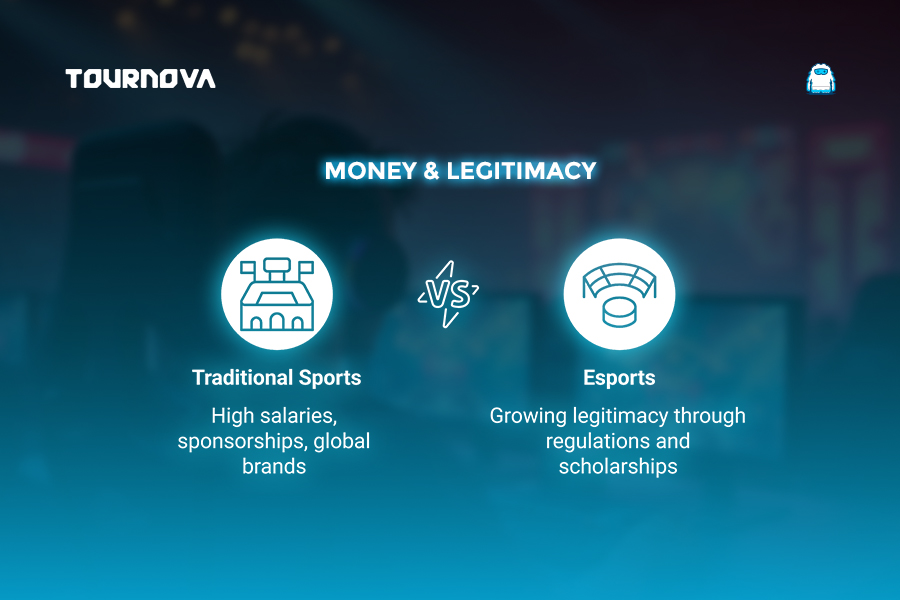
Both fields thrive on sponsorships (Nike, Red Bull, BMW, Mastercard have all leapt into esports), merchandising, and content. Traditional sports rake in money from ticket sales and billion-dollar broadcast rights, while esports leans into Twitch subs, YouTube ads, and digital items. Both models are blending: more sports teams chase digital income, and esports is eyeing live events and pay-per-view.
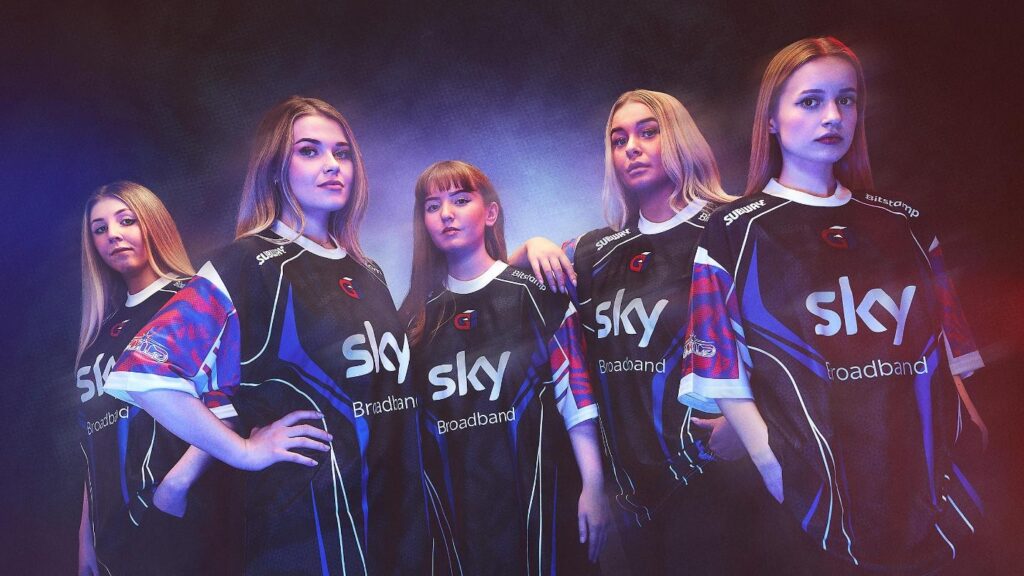
8. Legitimacy, Regulation & Challenges
Gaining legitimacy is a road paved with hurdles. Sports teams have centuries of tradition; leagues like the NBA or FIFA set global rules, validate player contracts, and even hand out anti-doping tests. Esports is catching up: federations like the Esports Integrity Commission, publisher-run rules, and even Olympic exhibition events have all pushed things forward.
But challenges remain; questions about player unions, burnout, health regulation, and standard contracts. Esports teams and sports teams are still fighting for national recognition in some countries. Both sides battle threats like match-fixing or cheating, and both have their share of sensational controversies. What resonates is their shared drive to professionalize, protect athletes/players, and inspire the next generation.
9. Future Outlook: Convergence or Rivalry?
It’s not just fans comparing now; sports clubs are investing directly in esports. Teams like Paris Saint-Germain, FC Schalke 04, and even the Golden State Warriors have their own esports squads. Some athletes cross over, streaming Fortnite or founding gaming brands on the side.
As definitions of “athlete” and “team” keep evolving, it feels like two roads running side by side, sometimes merging at major events or even in the same stadium. Will we ever see a day when esports and traditional sports are equals in the public eye? With millions tuning in, rivalries blurring, and both worlds learning from each other, it honestly feels like we’re closer than ever.

Powering Team Spirit: How Tournova Makes Competition Accessible for Every Community
In the evolving world where esports teams and sports teams increasingly mirror each other in structure, ambition, and fan connection, Tournova bridges the gap for everyone; not just the pros. Like the best sports leagues, Tournova provides the backbone for organized, structured, and rewarding competition right at the grassroots level. Through simple tournament setup on Discord and Telegram, anyone can launch or join events; from quick casual brackets to high-stakes showcases; mirroring the professionalism and team spirit seen on the biggest stages.
With its innovative token economy, Tournova rewards both participation and excellence, letting players, organizers, and communities create their own stories of rivalry and triumph. Whether you’re a young competitor looking for your first taste of team action, an organizer seeking hassle-free tools, or a fan hoping to cheer on local legends, Tournova’s accessible platform turns every digital match into a real sporting event. By empowering everyday players to chase the same goals as their sporting heroes, Tournova helps make that electrifying sense of team spirit and achievement possible for everyone, everywhere.
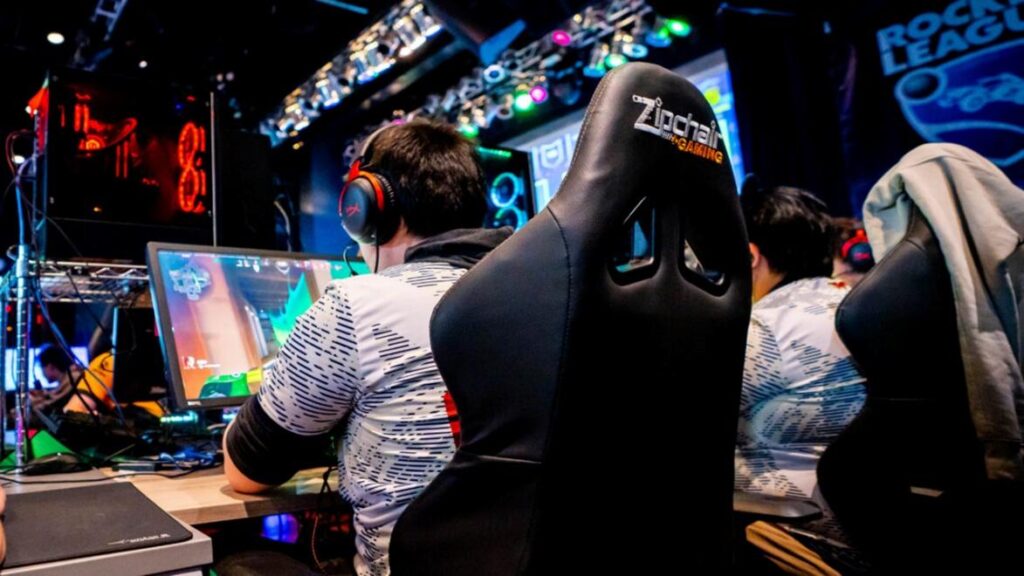
10. Final Reflection: The Team Spirit; Old and New
No matter the field or screen, what binds esports teams and sports teams is deeper than trophies. It’s teamwork, drive, loyalty, and the joy of chasing greatness together. Whether you’re screaming in a packed arena or staying up past midnight for a finals livestream, you’re part of this story. Every handshake, chant, and breathless moment proves it: the world of teams is bigger; and more connected; than ever.
Read the hottest in-depth Esports Guides on Tournova.
FAQs
1. Do esports teams ever switch games or enter entirely new esports titles?
Absolutely. Many organizations will field teams in different games based on trends, opportunities, and where they believe they can build a winning culture; even sometimes leaving one scene for another.
2. How do sponsors choose between backing esports or sports teams?
Sponsors look at viewership, engagement, demographics, and global reach. Some now target both, running brand campaigns across traditional and digital channels to reach new audiences.
3. Are there fan-owned teams in esports like in some sports (e.g., Green Bay Packers)?
Yes, though less common, some esports orgs have experimented with community ownership, digital fan clubs with voting power, or NFT/crypto-based engagement for fans.
4. What kind of retirement route do esports pros pursue compared to traditional athletes?
Esports pros often retire young due to the intense pace and physical/mental demands, then pivot to coaching, streaming, content creation, or even founding their own teams; mirroring some pro sports retirement paths but generally on a faster timeline.
.
